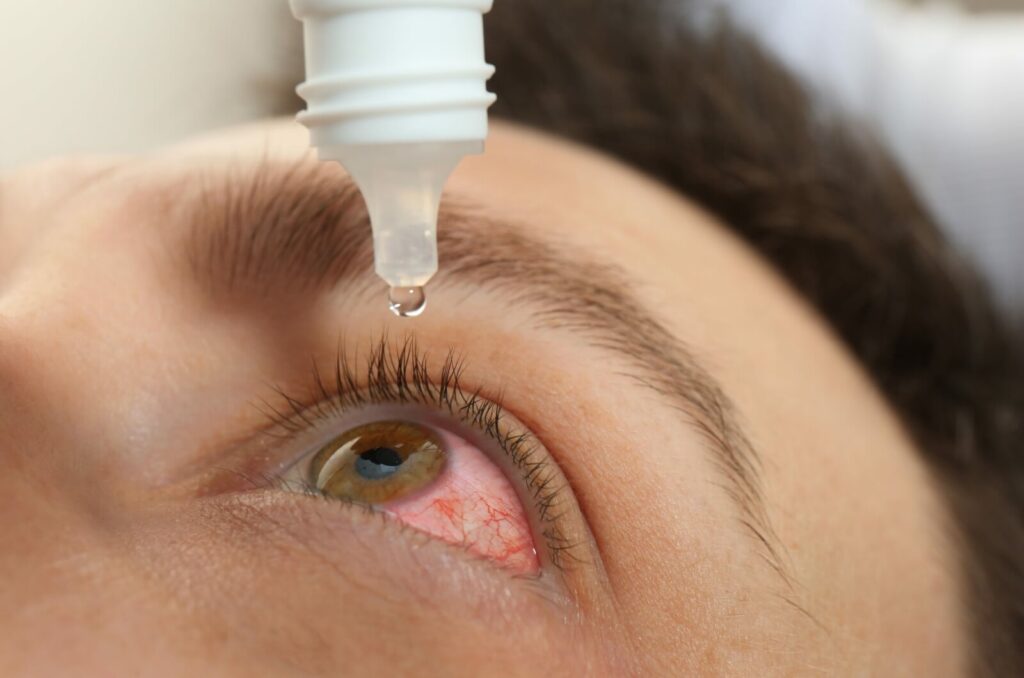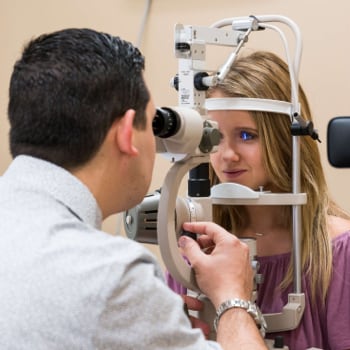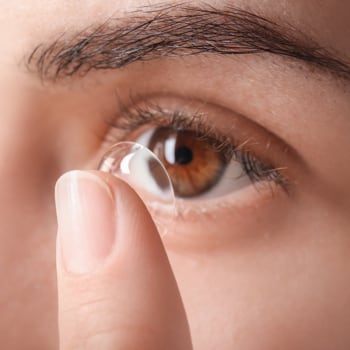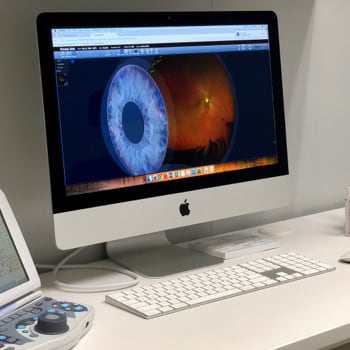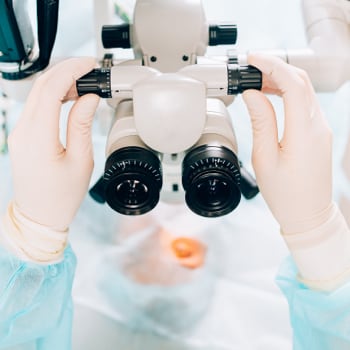Eye drops are a common over-the-counter medication used to treat various eye conditions, such as dry eyes, allergies, and infections. They typically come in small plastic bottles with a dropper tip for easy application. Like any other medication, eye drops have an expiration date printed on the packaging.
Using expired eye drops can pose risks to your eye health. Over time, the effectiveness of the active ingredients may diminish, leading to reduced therapeutic benefits. Additionally, expired products may harbor bacteria or other pathogens, increasing the likelihood of eye infections or irritation.
While not all expired drops will cause harm, it’s generally advisable to avoid using them and replace them with fresh ones to ensure their safety and effectiveness.
What Does Expiration Date Mean?
According to the Food and Drug Administration (FDA), expiration dates indicate the time frame in which a product is safe to consume and will retain its full potency. This applies to all medication, including eye drops.
The expiration date is determined through extensive testing conducted by manufacturers who seek approval from regulatory bodies such as the FDA before distributing their products. Factors such as storage conditions, exposure to light or heat, and the chemical composition of the medication are taken into account when determining an expiration date.
It’s worth noting that not all medications expire at the same rate. Some may have a longer shelf life than others, but it’s essential to follow the recommended expiry date for each product to ensure maximum effectiveness and safety.
How Do Expired Eye Drops Affect Your Eyes?
Using expired eye drops can have various effects on your eyes. In some cases, you may not experience any noticeable changes or discomfort immediately after using an expired product. However, over time, prolonged use of expired eye drops can result in a range of negative consequences.
One of the most common issues that occur when using expired eye drops is reduced effectiveness. As mentioned earlier, with time, the active ingredients in the medication may break down or lose their potency, making them less effective at treating your symptoms.
In more severe cases, using expired eye drops can lead to adverse reactions such as irritation, redness, and swelling in and around the eyes. This is because expired products may harbor bacteria or other harmful substances that can cause an allergic reaction or infection.
Another concern with using expired eye drops is the risk of contamination. Once a product has passed its expiration date, it’s no longer considered sterile and may be at risk of bacterial growth. This can lead to serious eye infections if the contaminated drops are used.
Tips for Properly Using and Storing Eye Drops
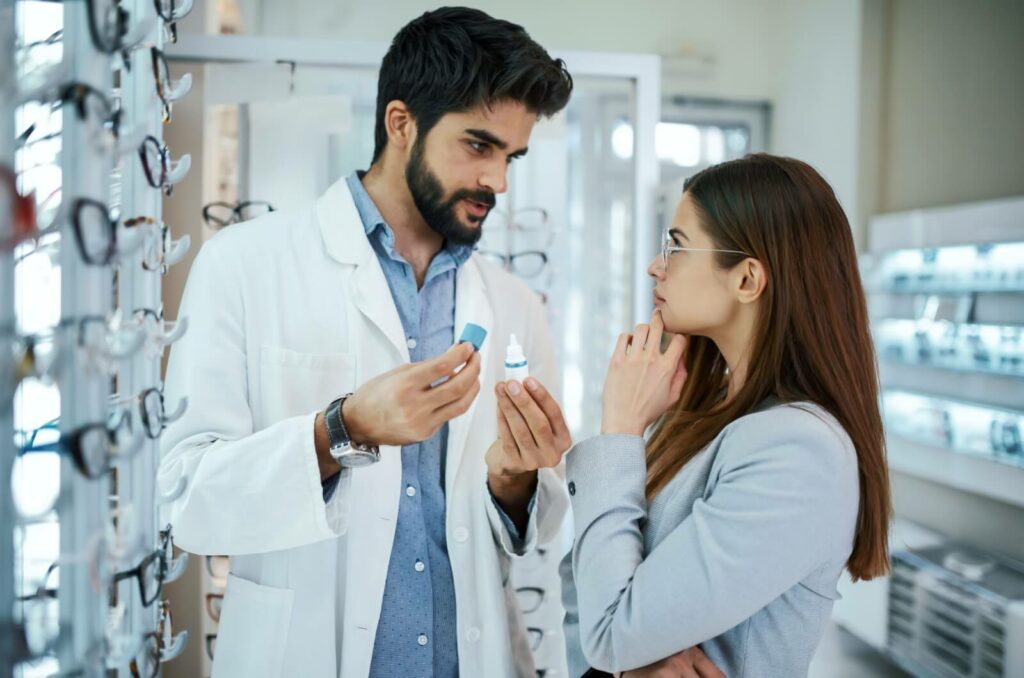
To ensure maximum effectiveness and safety when using eye drops, follow these tips:
- Always check the expiration date on your eye drops before use. If they have passed their expiry date, discard them immediately.
- Follow the recommended storage instructions for your specific medication. Some eye drops may need to be refrigerated, while others should be stored at room temperature.
- Avoid touching the tip of the dropper or bottle to any surface, including your eyes. This can introduce bacteria and increase the risk of contamination.
- Wash your hands before and after using eye drops to prevent spreading any potential bacteria or germs.
- If you wear contact lenses, remove them before applying eye drops and wait at least 10 minutes before inserting them back into your eyes.
By following these guidelines, you can ensure that your eye drops remain safe and effective for their intended use. It’s always better to err on the side of caution when it comes to your vision health. If you’re unsure about the safety of a medication or have any concerns, consult with your eye doctor. They can provide personalized advice and recommendations based on your specific needs.
Taking Care of Your Eyes Beyond Eye Drops
While eye drops can be beneficial for treating certain conditions, they shouldn’t be relied upon as the sole method of maintaining healthy eyesight. It’s important to also practice good overall eye care habits such as:
- Getting regular eye exams: This can help detect any potential issues early on and ensure that your prescription is up-to-date.
- Protecting your eyes from UV rays: Wear sunglasses with 100% UV protection when outdoors to prevent damage from harmful rays.
- Resting your eyes: If you spend a lot of time looking at screens, make sure to take regular breaks to give your eyes a rest.
- Eating a healthy diet: Foods rich in antioxidants, omega-3 fatty acids, and vitamins A and C can help maintain good eye health.
- Avoiding smoking: Smoking has been linked to an increased risk of certain eye conditions such as cataracts and age-related macular degeneration.
Achieve Clearer Vision with Comprehensive Eye Care Services at Great Hills Eye Care
While eye drops may provide temporary relief from certain symptoms, they shouldn’t be used as a substitute for proper eye care.
By following the tips in this blog and maintaining good overall eye health, you can help prevent future vision problems and keep your eyes functioning at their best. Remember to consult with your eye doctor for personalized advice and recommendations on how to care for your unique eyes.
At Great Hills Eye Care, we’re committed to providing comprehensive eye care services to help you maintain healthy vision. Contact us today to schedule an appointment and take the first step towards clearer, sharper sight.

